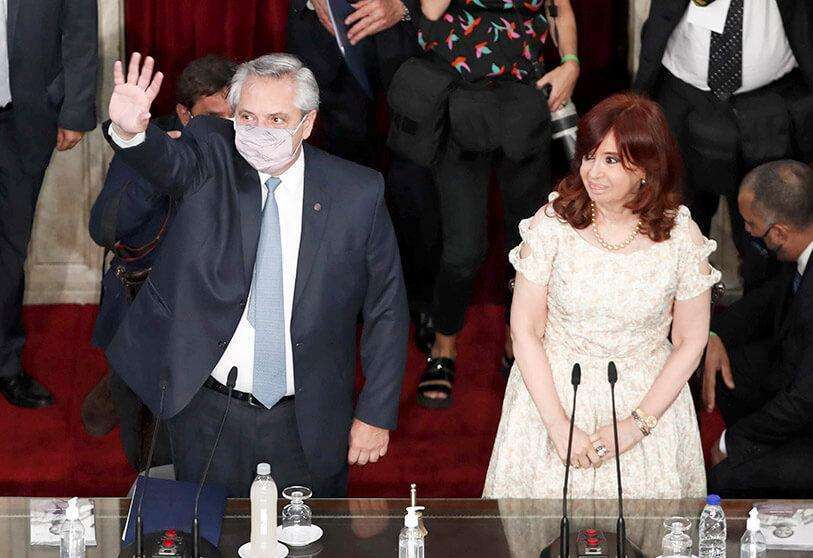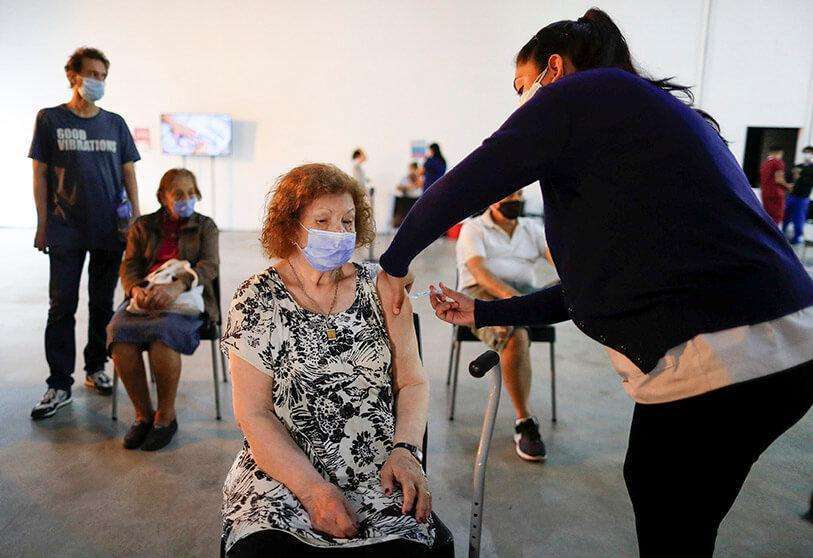Argentina faces pandemic with 35 nurses per 10,000 inhabitants

In the midst of the spread of the "Delta" variant of the coronavirus, Argentina's Chamber of Deputies has produced worrying data on the country's health situation. As some deputies stated, there are only 35 nursing professionals for every 10,000 inhabitants in Argentina. If auxiliary nurses are added to this statistic, the figure rises to 52, but it is still considerably lower than the average for Europe and America. Against this backdrop, members of the Chamber of Deputies began to debate the Nursing Law, promoted by the Argentinean president, Alberto Fernández, and the vice-president, Cristina Kirchner.
"This law supports and maintains over time a comprehensive policy that this government has been carrying out with nursing," said Pablo Yedlin, president of the Health Commission. Yedlin also expressed his hope that the initiative would have "the consensus of all the blocs".
Within this law, a change in the education system will be necessary. According to data provided by Diego Golombek, executive director of the National Institute for Technological Research (INET), Argentina has approximately 234,000 workers in the health sector. 32% are assistants, 52% technicians and only 16% graduates. Moreover, of the 170,000 doctors in the country, only "8% have specialisations relevant to addressing the pandemic". Therefore, it will be essential to address knowledge related to communicable diseases and pandemics.
Nursing, on the other hand, "was able to sustain the health process that led to the care of COVID patients", as Pedro Silberman, director of Human Resources at the Ministry of Health, points out.

This new law also aims to declare the promotion of nursing education and development to be of "public interest", allocating at least 2% of the National Budget to nursing education centres.
While the Argentine government hopes to pass this law, the country continues to cope with the coronavirus pandemic. The death toll continues to rise, exceeding 94,000 deaths since the pandemic began. Infections are also on the rise, with approximately 300,000 people currently infected, more than 6,000 of whom have severe symptoms.

With the Delta variant already threatening Europe, Argentina has imposed restrictions on access to the country to prevent the introduction of the strain, which was first detected in India. "The entry of the Delta variant could ruin an entire vaccination process," warned Florencia Carignano, director of Migration in Argentina.

The South American country continues to make progress in the vaccination process. So far, more than 16 million people have already received at least one dose. In June, Argentina reached a record number of vaccinations received and administered. The government of Alberto Fernández has opted to purchase the Russian vaccine Sputnik V and will begin production in the country next week. The Richmond laboratory, with the capacity to package up to 500,000 doses of vaccine, is the centre in charge of developing it. The country hopes to reach a level of vaccination similar to Europe by September or October.
Latin America Coordinator: José Antonio Sierra.










